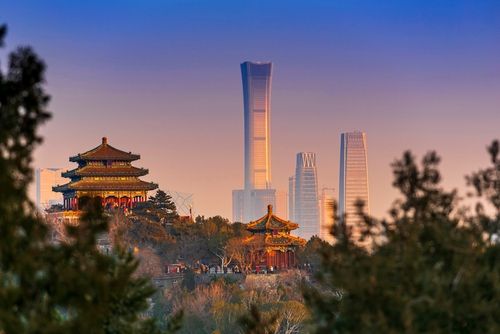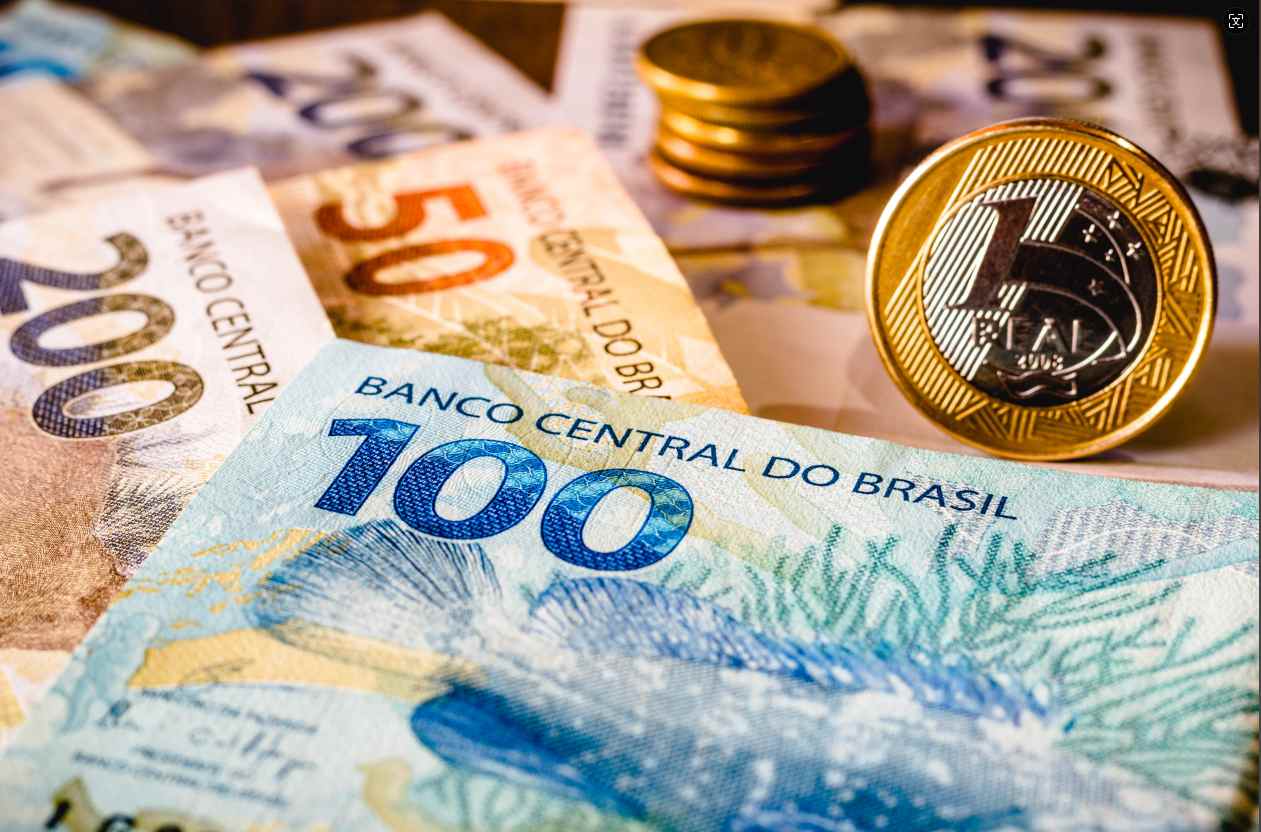China removes trade negotiator Li Chenggang from WTO position after Bessent's "unhinged" comment

China has replaced former top trade negotiator Li Chenggang, who was the permanent representative to the World Trade Organization, according to local reports today.
The change was announced on Monday, and it comes after tensions between the US and China flared once again, leading to a fresh round of pain that ultimately triggered a massive liquidation event in the industry.
Why Li Chenggang was replaced
According to the trade body on its Weibo social media account, China’s representative to the WTO is now Li Yongjie, who presented her credentials on September 29.
While he held the post of WTO envoy and assistant minister of commerce, Li Chenggang, 58, participated in four successive rounds of US-China trade talks, playing key roles in all of them.
Chenggang’s dismissal is being touted as a routine recalibration, however his dismissal comes after US Treasury Secretary Scott Bessent shocked many by singling Li out by name and describing him as “unhinged” at a public event.
“Perhaps the vice minister who showed up here with very incendiary language on August 28 has gone rogue.” Bessent also said about him at a separate press conference on Wednesday, “This individual was very disrespectful.”
Li reportedly stepped on many toes during his August visit to Washington. He not only arrived without an invite, he wanted senior-level meetings, and one source claims he “restated China’s false narratives and lectured the Americans.”
Bessent may not have expected Beijing’s response and has since sought to scale down tension before the expected meeting of President Donald Trump and Chinese counterpart Xi Jinping later this month on the sidelines of an APEC summit in South Korea.
Li was an unexpected appointee who replaced veteran trade negotiator Wang Shouwen days after Beijing launched tariffs of 125% against Washington early in the trade war. Before his appointment, Li had previously held several key jobs in the commerce ministry, including in departments overseeing treaties and law and fair trade.
He is a graduate of the elite Peking University and Germany’s Hamburg University with an extensive knowledge of WTO laws.
China’s economy shows signs of strain
Despite all of Xi Jinping’s bravado and the stats that seem to lean towards an ultimate win for the Chinese, the country’s economic growth has taken significant damage and slowed to the weakest pace in a year in the third quarter, as Cryptopolitan reported earlier today. Fragile domestic demand left it heavily reliant on the exporting sector, encouraging fears about deepening structural imbalances.
The 4.8% growth rate did not exceed expectations, but it has kept China on track to reach its target of roughly 5% this year. Still, the economy’s dependence on external demand at such a crucial time calls the pace’s sustanability into question.
Also, the export strength does not change the fact that there is weakness on home turf, where lackluster demand has pushed manufacturers to fight price wars in foreign markets and compromise on their profitability.
One Chinese aluminum products maker reportedly lost 20% of revenue thanks to higher sales in Latin America, Africa, Southeast Asia, Turkey and the Middle East being unable to fully offset an 80%-90% order plunge in the US.
Jeremy Fang, a sales officer at the company now says he has to pick up Spanish to get ahead of Chinese competitors rushing to non-US markets and has been travelling abroad twice as often as he did last year.
“You have to be ruthlessly competitive on price,” Fang said. “If your price is $100 and the customer starts bargaining, it’s better to drop $10-$20 and take the order. You can’t hesitate.”
The intense competition among Chinese exporters further contributes to the weakness at home, as many have had to cut wages and even jobs to stay relevant. It is clear the pattern is not sustainable and the authorities will have to take much more proactive steps to support consumer spending.
If you're reading this, you’re already ahead. Stay there with our newsletter.







